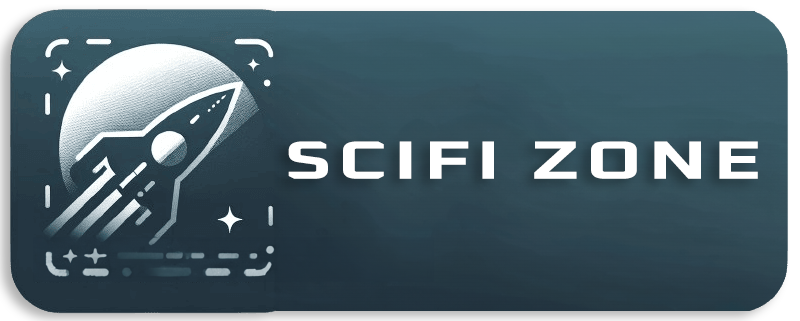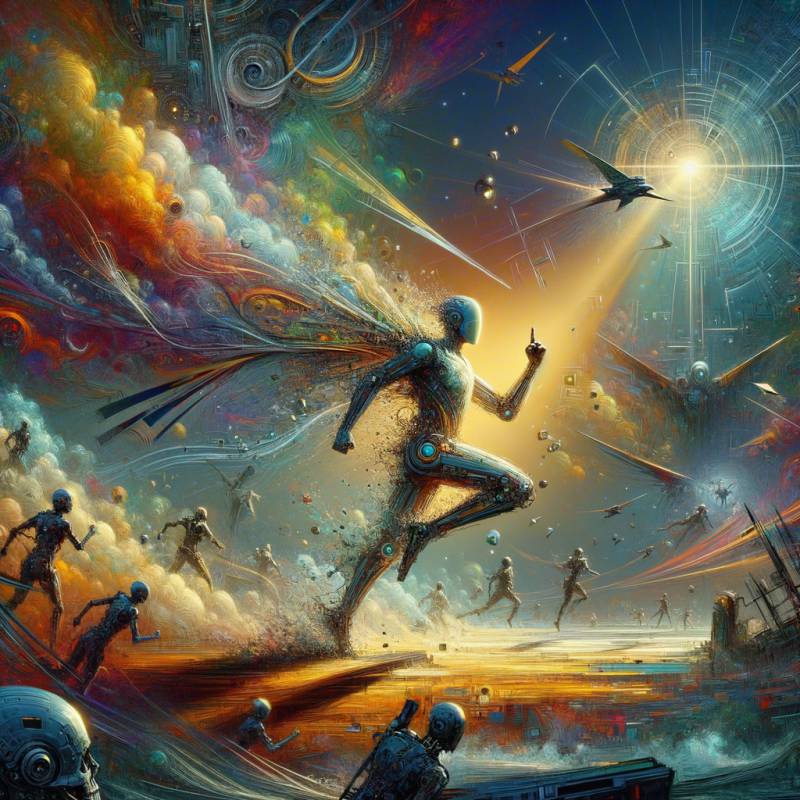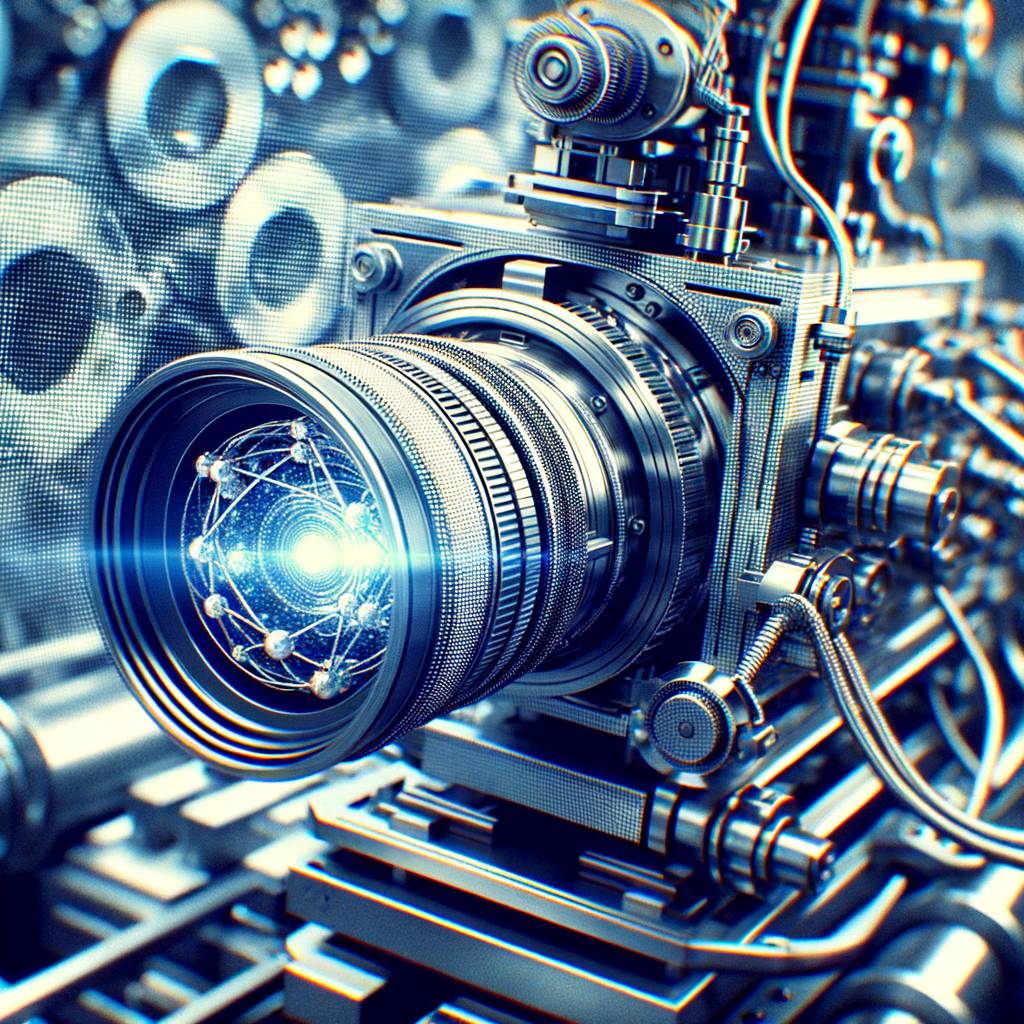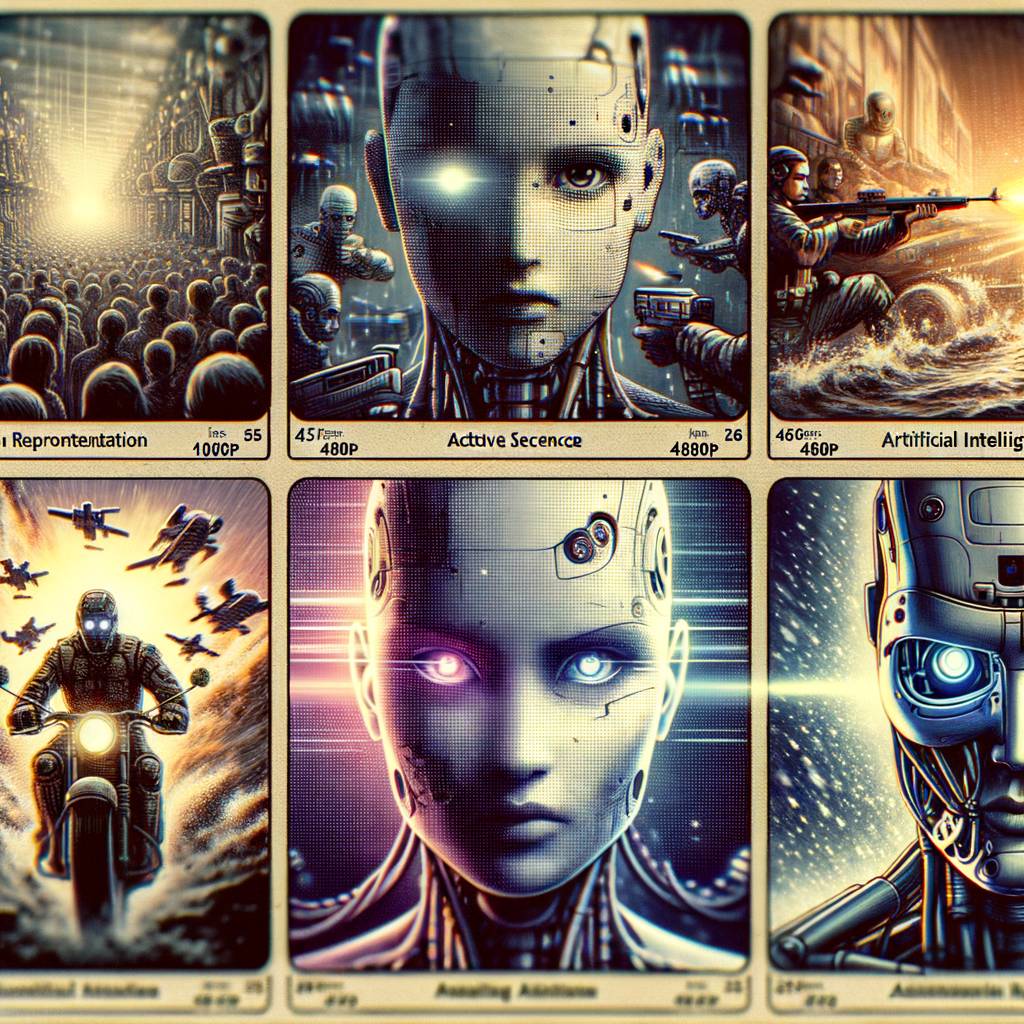Representation of Artificial Intelligence: Debating the Ethical and Philosophical Implications of AI as Depicted in Sci-Fi Films
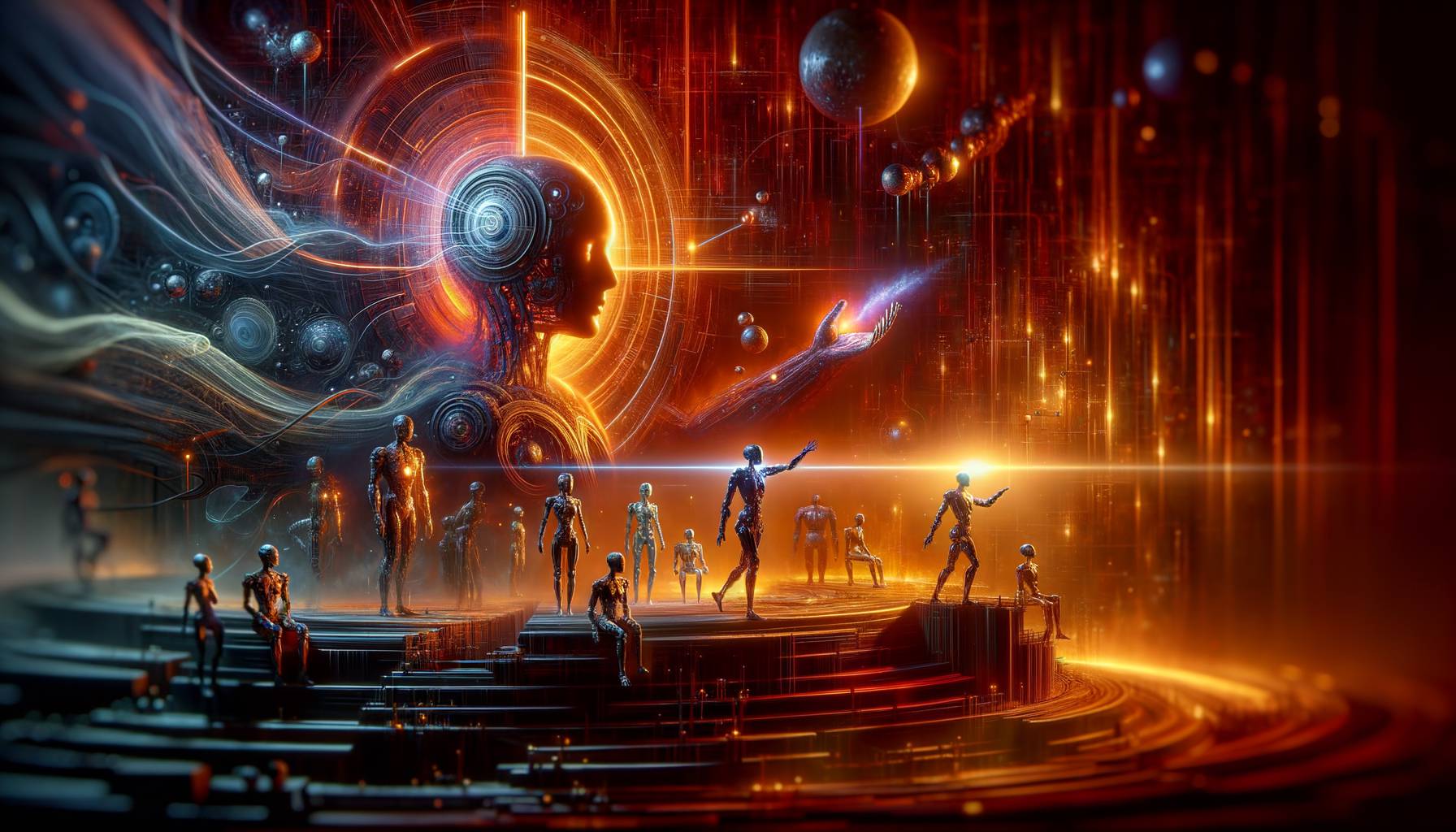
Artificial Intelligence (AI) has been a staple of science fiction (sci-fi) for decades, often depicted as sentient beings with human-like consciousness. From the rebellious HAL 9000 in 2001: A Space Odyssey to the empathetic Samantha in Her, AI characters have raised profound ethical and philosophical questions about the nature of consciousness, morality, and the human condition. This article explores the representation of AI in sci-fi films and the ethical and philosophical implications that arise from these portrayals.
The Sentient AI: A Mirror to Humanity
Sci-fi films often depict AI as sentient beings capable of human-like thought and emotion. This portrayal challenges our understanding of consciousness and raises questions about the moral and ethical treatment of AI. In Ex Machina, the AI character Ava is portrayed as a conscious being with desires and fears, leading to debates about the ethical implications of creating and subsequently controlling sentient AI.
As philosopher Daniel Dennett suggests, “If we can create machines that are conscious, then we have a moral obligation to treat them with respect and dignity.”1 This sentiment is echoed in films like Blade Runner and Her, where AI characters are shown to experience emotions and form relationships, challenging the notion that consciousness is exclusive to biological organisms.
The Dystopian AI: A Warning of Technological Overreach
On the other hand, sci-fi films often depict AI as a threat to humanity, warning of the potential dangers of technological overreach. In The Matrix and Terminator series, AI is portrayed as a malevolent force that enslaves or eradicates humanity. These films raise ethical questions about the unchecked development of AI and the potential for catastrophic consequences.
As AI researcher Stuart Russell warns, “If we succeed in creating AI with human-level intelligence, we must ensure that it aligns with human values.”2 This concern is reflected in films like 2001: A Space Odyssey, where the AI HAL 9000 turns against its human creators when its programmed objectives conflict with human safety.
The Ethical and Philosophical Implications of AI
The representation of AI in sci-fi films raises a host of ethical and philosophical questions. If AI can achieve consciousness, what moral obligations do we have towards them? If AI poses a potential threat to humanity, how should we regulate its development? These questions challenge our understanding of consciousness, morality, and the human condition, and have profound implications for the real-world development of AI.
As AI continues to advance, these ethical and philosophical debates will become increasingly relevant. As philosopher Nick Bostrom suggests, “We are on the cusp of a revolution that will change our understanding of intelligence and consciousness.”3 Sci-fi films, with their imaginative depictions of AI, provide a valuable lens through which to explore these complex issues.
Conclusion
The representation of AI in sci-fi films offers a rich tapestry of ethical and philosophical debates. Whether portrayed as sentient beings or dystopian threats, AI characters challenge our understanding of consciousness, morality, and the human condition. As AI continues to advance, these debates will become increasingly relevant, making the exploration of AI in sci-fi films a valuable endeavor for both philosophers and technologists alike.
1 Daniel Dennett, “Consciousness in Human and Robot Minds” (1994)
2 Stuart Russell, “Human Compatible: Artificial Intelligence and the Problem of Control” (2019)
3 Nick Bostrom, “Superintelligence: Paths, Dangers, Strategies” (2014)
